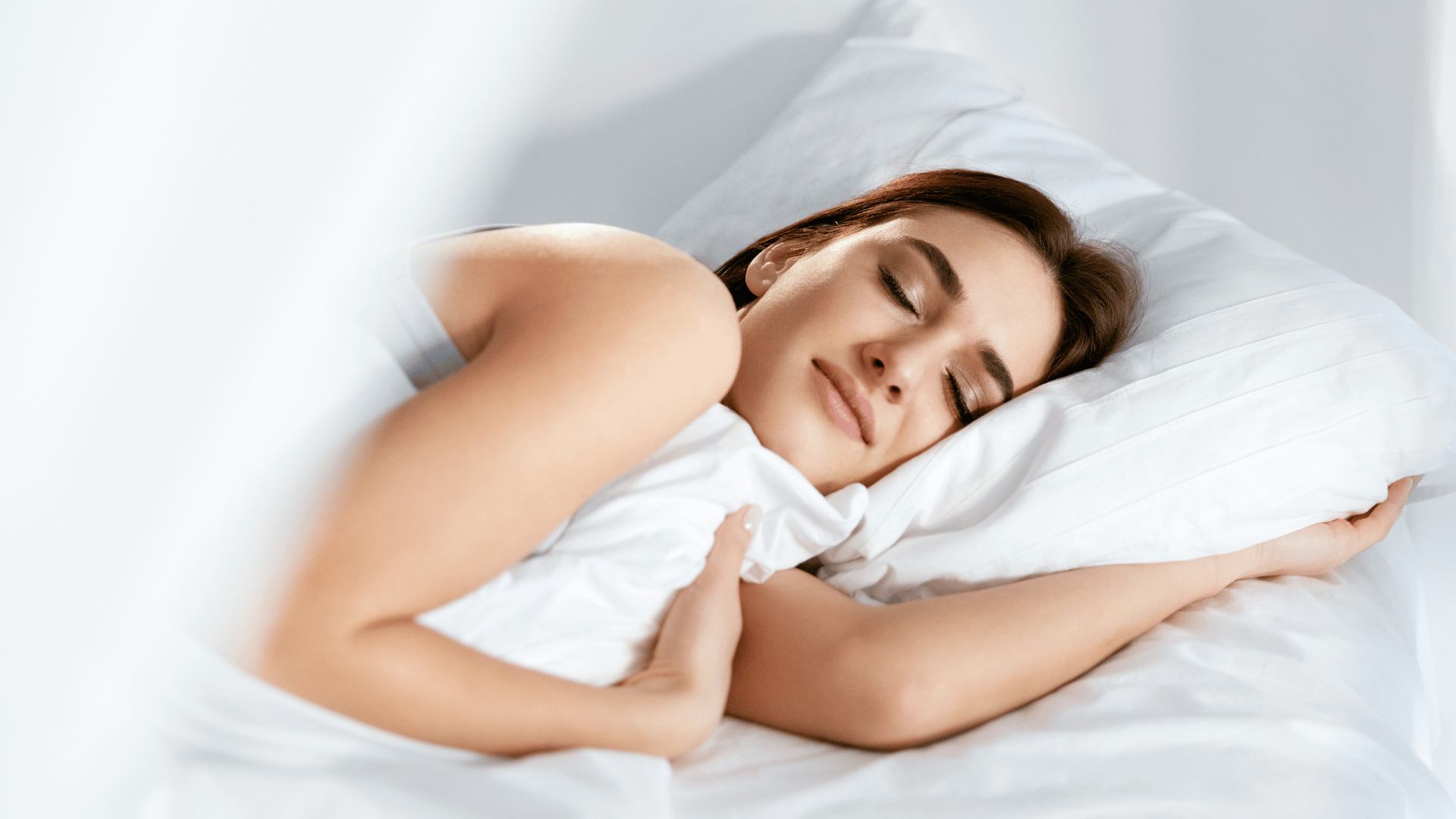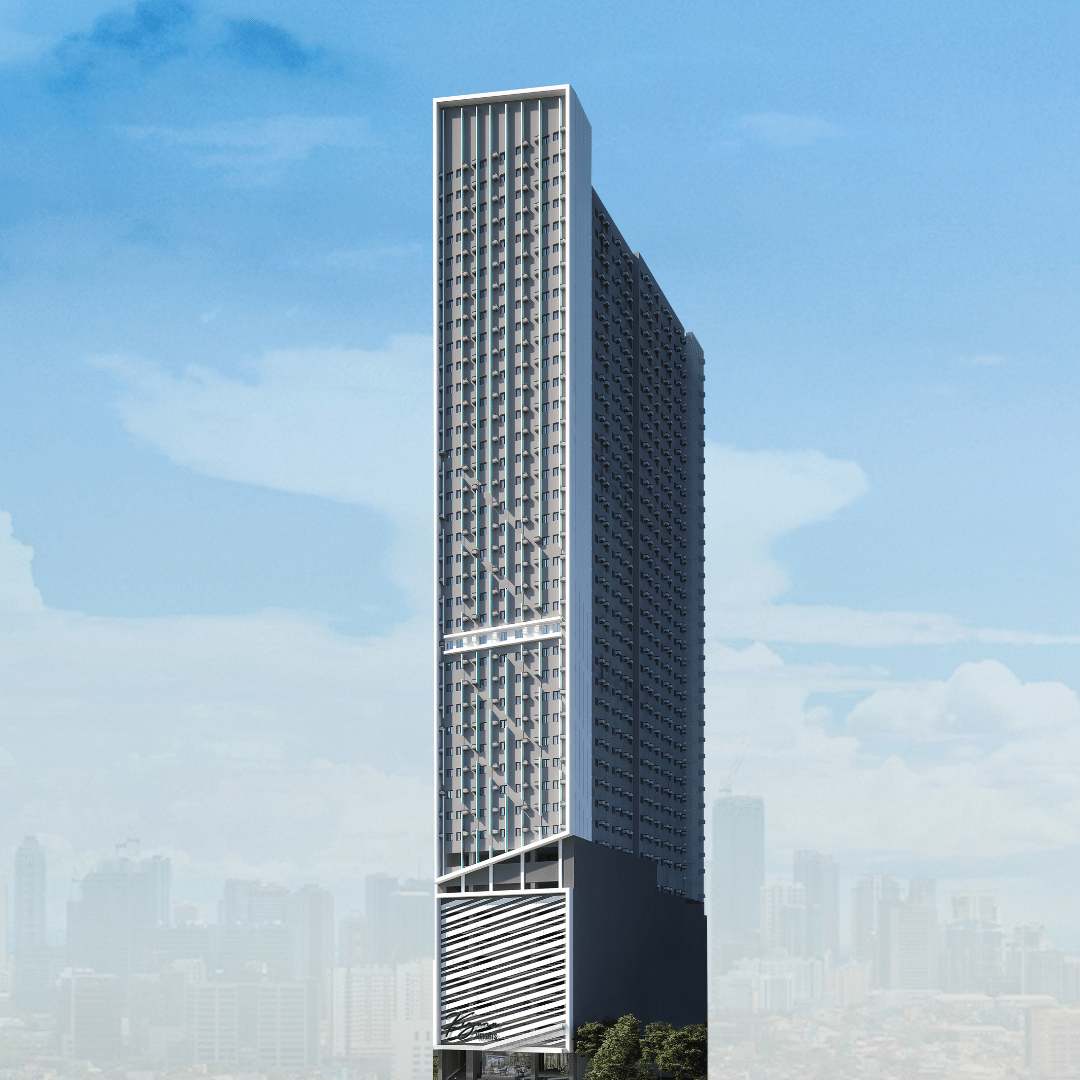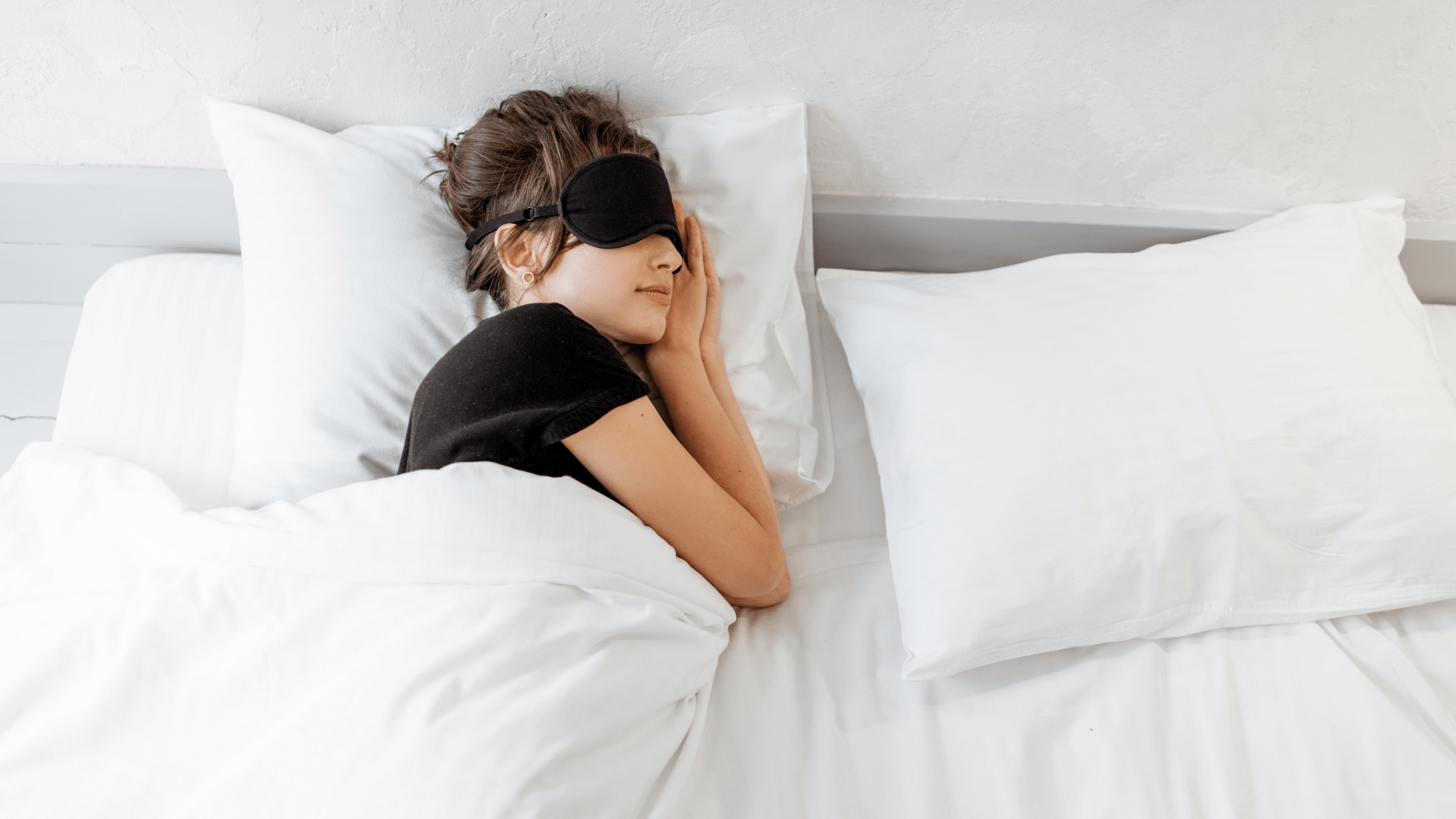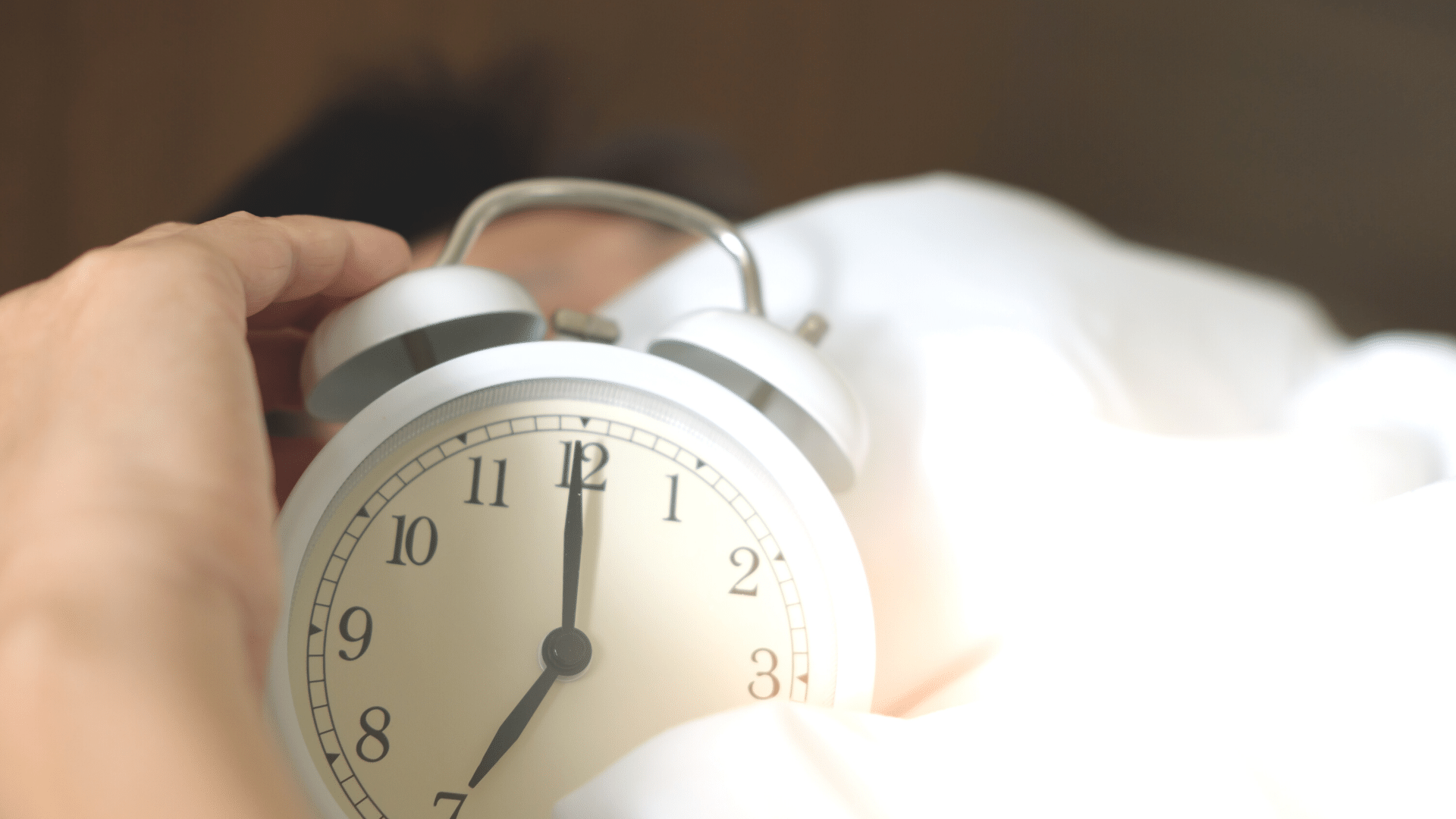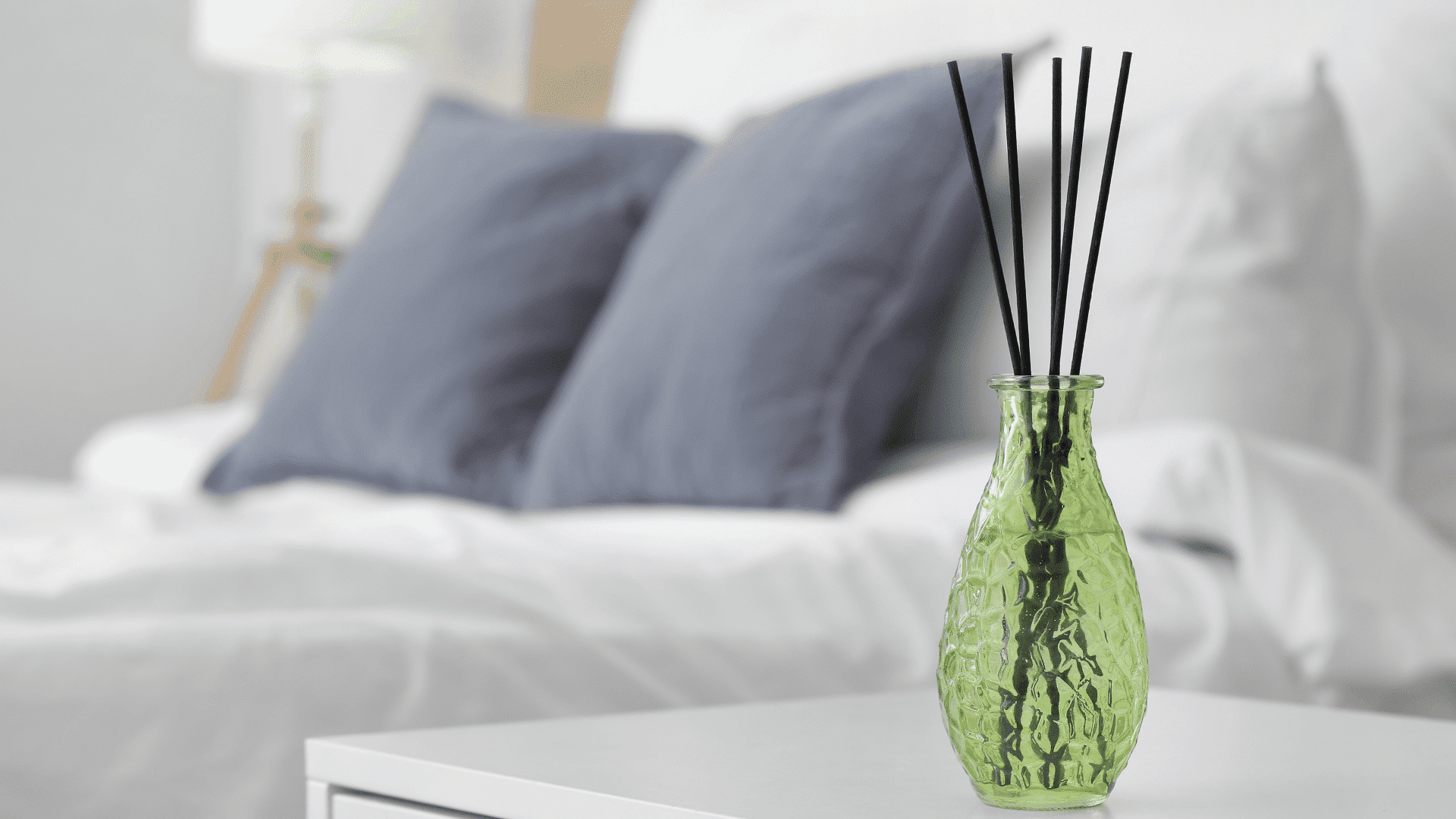In a world where there is so much competition, high-quality rest helps one's tensed muscles relax after a long day at work as it becomes more important in sustaining physical and mental health. One important part of a person's daily routine is relaxation--quiet time or a typical night of just being in bed, trying to fall asleep. People all have distinct patterns that determine sleep quality, like physical health, nutrition, and sleep schedule.
In the Philippines, more people are becoming used to taking on the night shift as it pays a lot more to do remote jobs rather than being paid in pesos. Learning how to get better sleep could go a long way, and knowing about sleep patterns is part of the brain's basics. Knowing these would set people up to be more aware of creating healthy sleep habits. Sleep cycles are consistent as long as one has a consistent sleep schedule. In this article, people would be educated that sleep quantity is not the same as having good sleep hygiene.
People have so much to do. The sleep shouldn't be unnecessary.
As much as the busyness of one's life demands, the complex of brain activities cannot happen with insufficient sleep. Brain activity begins when one wakes up, as well as when one stays asleep. Missing out on sleep will only accumulate sleep debt or, worse, would translate to sleep disorders which affect human productivity in general.
Sleep quality is affected by a plethora of factors, such as food and room temperature. To some, there is trouble falling asleep, and with others is about staying asleep.
But why is it necessary to sleep?
- Simply for Survival: Bad sleep quality harms the immune system, making one more susceptible to infections. Sleep medicine is more than just dispensing pills for people with sleep disorders. Sleep affects body cycles in general. Poor sleep could result in dangerous consequences like reduced alertness that would cause a driver to overlook important signs or to accidentally ignore loud horns from a truck losing its brakes.
- For bodily growth: Especially for younger people, deep sleep supports growth. Having less deep sleep, the body releases growth hormones. The body's production of proteins increases which are crucial to sustaining cell growth and cell repair to function at their best.
- Sustenance of Nervous system function: Sleep deprivation affects one's memory and performance. When one is too short of restorative sleep, it could lead to neurological disorders or problems so sever that one might have hallucinations. Sleep also helps nerve cells nerve repair and sustain connections, which then sharpens thinking ability.
How do Sleep Cycles work?
Enough sleep gives the body a chance to restore energy. Good quality sleep can help one in managing stress and recovering from illnesses. Not getting enough of it affects how one thinks and feels.
During sleep, the brain releases chemicals that make it temporarily paralyzed. One cycles through two types of sleep which are the non-rapid eye movement (non-REM) sleep and rapid eye movement (REM) sleep . During these times, the body and brain would act differently.
The first thing that happens is the Non-REM sleep which includes three stages. One of these stages is the hardest for one to wake up. During REM sleep which takes one hour after falling asleep, is when one would usually have vivid dreams. The first REM sleep is short, and as one stays longer asleep, it gets longer, while deep sleep becomes shorter. So then, a full sleep cycle is around 90 to 110 minutes.
Non-REM sleep
First Stage: This lasts for 5-10 minutes which is light sleep. Eye movement and muscle activity start to slow down, and pretty much the whole body. When woken up from stage 1, it would be as if a person hasn't slept at all. The feeling of starting to fall and then experiencing a sudden muscle contraction is known as the motion hypnic myoclonic or hypnic jerk which is nothing to be concerned about.
Second Stage: This is the period that features partial muscle contracting mixed with periods of muscle relaxation; eye movements stop, brain waves, heart rate, and breathing slow as the body temperature drops. Occasional bursts of rapid waves happen, which are called sleep spindles. At this stage, the body is about to enter deep sleep.
Third Stage or deep sleep: The brain produces very slow brain waves called delta waves, producing no eye movement or muscle activity. This is the hardest for someone to wake up.
At this time, the body sustains bone and muscle buildup, tissue, and cell regeneration, which means a good night's sleep. As a person ages, deep sleep becomes shorter or less frequent.
REM sleep
During REM sleep, brain activity increases again, so the activity levels are similar when one is awake--the reason people have intense dreams. Major muscles such as arms and legs can't move, temporarily paralyzed for the function of not acting on all dreams. The first REM period is no more than 10 minutes, then it gets longer and longer. The amount of REM sleep you experience changes as one ages.
The body goes experiences faster breathing, an increase in heart rate and blood pressure, erections, and rapid eye movement.
How can one improve sleep quality?
1. Sticking to a sleep schedule by going to bed and getting up at the same time every day. This keeps the body's sleep-wake cycle.
2. Paying attention to food and beverage. Going to bed hungry or having large meals within a couple of hours of bedtime brings discomfort. Nicotine, caffeine, and alcohol take hours to wear off and can mess up with sleep. Alcohol can disrupt sleep later in the night.
3. Create a restful environment. The lights on make it more challenging to fall asleep. If one sleeps during the day due to graveyard shift, dark shutters are recommended to make it seem like it's nighttime.
4. Long naps during the daytime can interfere with sleep--avoid napping late in the day.
5. Regular physical activity promotes better sleep, although being active too close to bedtime might still interfere with sleep.
6. Manage worries by remembering what's on your mind and working on it the next day. Meditation also helps ease anxiety.
For more information on Vista Residences, email [email protected], follow @VistaResidencesOfficial on Facebook, Twitter, Instagram, and YouTube, or call the Marketing Office at 0999 886 4262 / 0917 582 5167.
